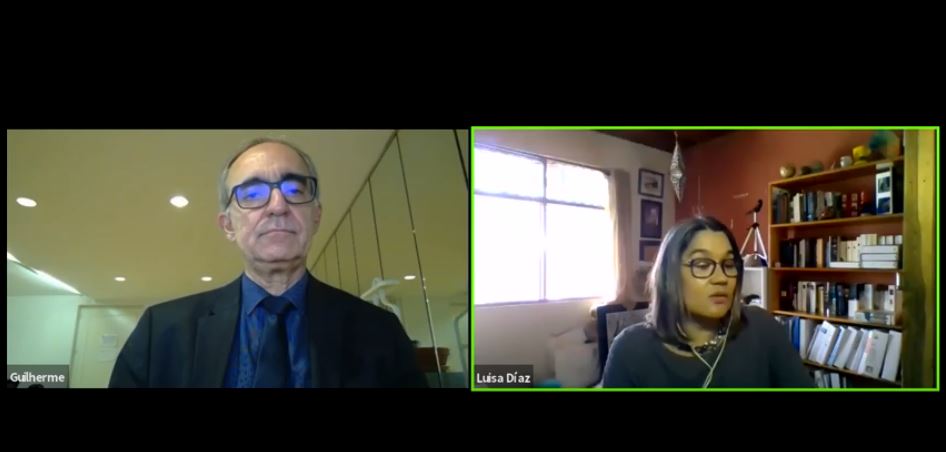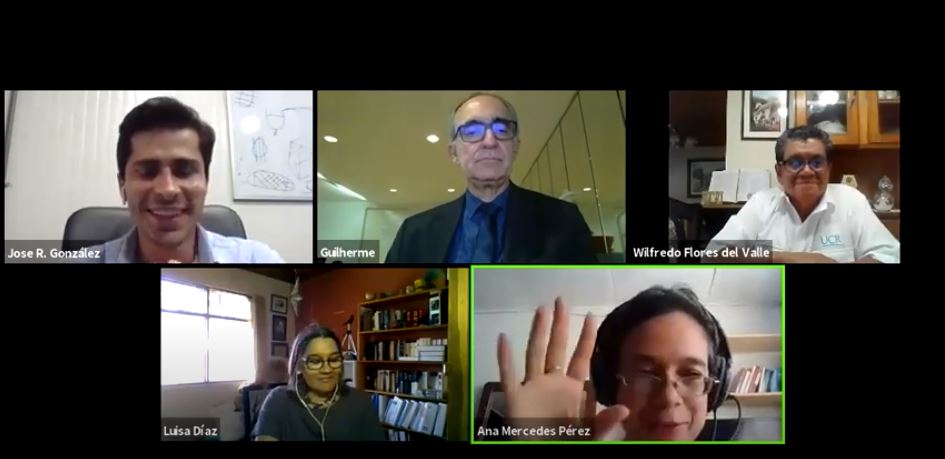The CCLAC Region - Regional Coordinator Ecuador
In 1976 a Coordinating Committee for Latin America, established by the 10th Codex Alimentarius Commission in 1974, held its first meeting in Rome with eight countries from the region in attendance. At its third session a proposal was made to change the name of the committee to its current form (Coordinating Committee for Latin America and the Caribbean) as this better reflected the membership of the region. In 1984 at its 31st session, the Executive Committee, acting on behalf of the Commission, agreed to this change.
The region of Latin America and the Caribbean is an important actor in the production and trade of food at a global level. The region produces enough food to supply itself and to export, with both water and land resources to produce even more.
The region has enormous natural wealth, a flourishing agricultural industry and a family farming sector that is essential for its population. The promotion and strengthening of food safety must be continued at the level of all regions to guarantee the health of consumers and fair and equitable trade.< /p>
The coordinator, Ecuador is based in AGROCALIDAD an agency attached to the Ministry of Agriculture and Livestock. They aim to create synergies between countries in the region, to provide mutual support in order to overcome regional problems and examine solutions to common challenges.
The coordinator further aims to strengthen collaboration among countries and strengthen the participation of developing countries in the Commission and its subsidiary bodies.
CCLAC Coordinator
All information on Codex is public and free.
For regional enquiries contact:
CCLAC Secretariat
Agencia de Regulación y Control Fito y
Zoosanitaria AGROCALIDAD
Avenida
Eloy Alfaro y Amazonas
Quito
Email: [email protected]
Food safety: a fundamental aspect of public policies
On June 8, the Ministry of Economy, Industry and Commerce (MEIC) of Costa Rica, with the technical collaboration of the Inter-American Institute for Cooperation on Agriculture (IICA) held the web seminar "Sustainable Production and its Relation to Food Safety". The webinar was also attended by the Chairperson of the Codex Alimentarius Commission, Guilherme da Costa Jr and by several panellists representing different institutions and entities of the public and private sector.

Guilherme da Costa and Luìsa Dìaz
The Minister of Economy, Industry and Trade, Victoria Hernández Mora, offered words of welcome in which she celebrated the second World Food Safety Day - a proposal that had been promoted by the Government of Costa Rica - emphasizing the importance of food safety as a fundamental aspect of public policies and stressed that this day was a good opportunity to raise awareness among all actors in the food chain, from farm to fork, as safety requires an integrated and participatory approach. In this celebration influenced by the coronavirus disease pandemic (COVID-19), The Minister stressed that while COVID-19 was not transmitted by food, there was a need to put more emphasis on food safety, and to contribute to the objectives of the Codex Alimentarius Commission and of the UN Sustainable Development Goals.
Safe food: a value for everyone
The seminar was further divided into two parts. In the first part, the panellists addressed various aspects related to the agoindustrial production, highlighting the importance of risk management activities; the link between climate and food and how this impacts on food safety and food security; and the role of standards as a tool for organizations working in the food sector, to contribute to the sustainable development and to improve the quality of life of the people.

Discussion panel online
The second part dealt with issues that directly affected food safety, e.g. packaging that can be recycled and composted; treatments to eliminate pathogenic microorganisms in the processing of fruit and vegetable juices; COVID-19 and food safety and the need to reduce the risk factors not only posed by COVID-19, but also to prevent other types of disease; the need to apply good agricultural and manufacturing practices to cocoa and chocolate processing; and how biotechnology could contribute to improving the characteristics and increasing the nutritional value of food and prevent the development of pathogens, further promoting food safety.







Leave a comment